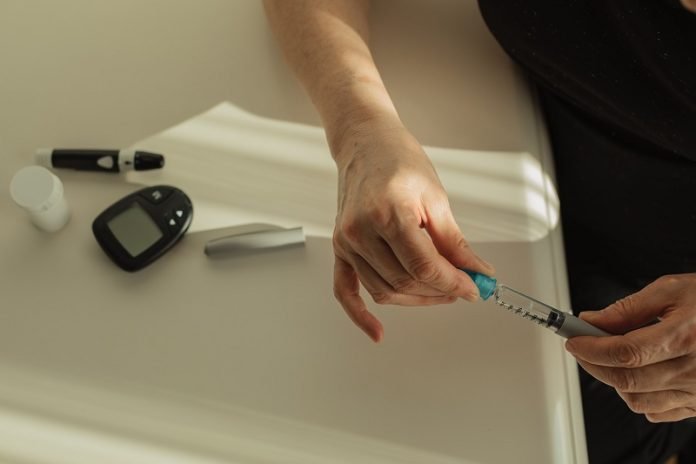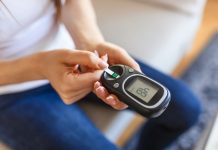
Type 2 diabetes is a condition where your body doesn’t produce enough insulin, which is a hormone that helps regulate your blood sugar levels.
People with Type 2 diabetes need to take medication or make lifestyle changes to manage their blood sugar levels.
Having Type 2 diabetes can also affect how cancer patients respond to treatment.
A recent study by researchers at Imperial College London found that people with Type 2 diabetes who were receiving a type of cancer treatment called immunotherapy tended to have worse outcomes than those without diabetes.
So, why does having Type 2 diabetes make it harder for cancer patients to respond to treatment? Type 2 diabetes is a chronic inflammatory condition that can weaken a person’s immune system and make them more frail.
This means that they may be more susceptible to side effects from cancer treatments like chemotherapy, which can cause nausea and a loss of appetite.
For people with Type 2 diabetes, this can be dangerous as their blood sugar levels can drop, leading to hypoglycemic attacks.
In the study, researchers found that people with Type 2 diabetes who were taking medication to reduce their blood sugar levels tended to have worse outcomes from immunotherapy.
They also found that the tumor microenvironment of those patients with diabetes was more immune suppressed, meaning that their immune system was less capable of fighting against cancer.
So, what does this mean for cancer care? It could mean that caring for diabetes is important to preserve cancer outcomes for immunotherapy.
In other words, if we can show that stricter diabetes control can improve outcomes for cancer patients receiving immunotherapy, then it may become a part of their pre-habilitation before receiving treatment.
For example, if a diabetic patient with cancer is due to come into the hospital for immunotherapy in two weeks’ time, medical professionals may need to look at the patient’s diabetes regimen before they start treatment.
This may involve adjusting medication or helping the patient make lifestyle changes to better manage their blood sugar levels.
While more research is needed to fully understand the links between Type 2 diabetes and cancer treatment outcomes, this study highlights the importance of managing chronic conditions like diabetes for overall health and wellbeing.
By taking steps to control their diabetes, cancer patients may be able to improve their response to treatment and increase their chances of a positive outcome.
How to prevent cancer if you have diabetes
While having Type 2 diabetes is a risk factor for developing cancer, there are steps you can take to reduce your risk and prevent cancer from developing. Here are a few tips:
Manage your blood sugar levels: As we mentioned earlier, people with diabetes who have poorly controlled blood sugar levels may be at a higher risk for developing cancer.
By managing your blood sugar levels through diet, exercise, and medication, you may be able to reduce your cancer risk.
Maintain a healthy weight: Being overweight or obese can increase your risk for many types of cancer, including breast, colon, and kidney cancer.
By maintaining a healthy weight through a balanced diet and regular exercise, you may be able to reduce your risk of cancer.
Quit smoking: Smoking is a major risk factor for many types of cancer, including lung, bladder, and pancreatic cancer. If you smoke, quitting can significantly reduce your cancer risk.
Get screened regularly: Regular cancer screenings can help detect cancer early, when it is most treatable. Talk to your doctor about recommended screening tests for your age and gender.
Limit alcohol consumption: Drinking alcohol in excess can increase your risk for certain types of cancer, including breast, liver, and colorectal cancer. If you choose to drink, do so in moderation.
By taking these steps to prevent cancer, you may be able to reduce your risk even if you have Type 2 diabetes.
Additionally, it’s important to talk to your doctor about any concerns you may have regarding your risk for cancer and to work with them to develop a personalized plan for prevention and management.
If you care about cancer, please read studies that a low-carb diet could increase overall cancer risk, and vitamin D supplements could strongly reduce cancer death.
For more information about diabetes, please see recent studies about Vitamin D that may reduce dangerous complications in diabetes, and results showing plant-based protein foods may help reverse type 2 diabetes.
The study was published in Clinical Cancer Research.
Copyright © 2023 Knowridge Science Report. All rights reserved.



